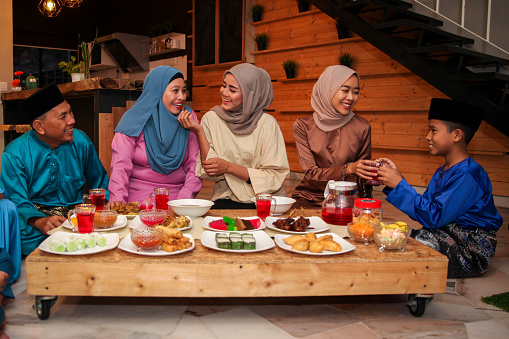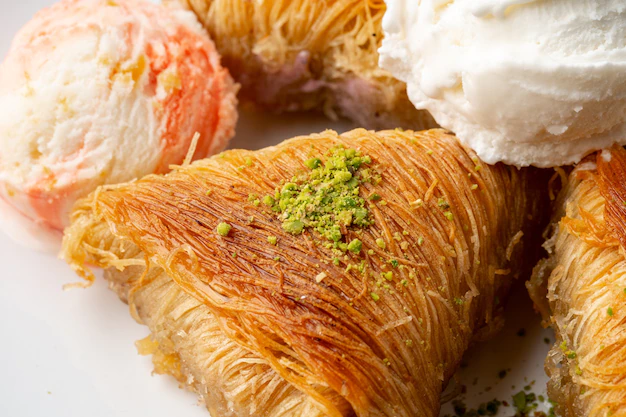With Eid Al Fitr around the corner, we should think about maintaining a healthy lifestyle. And it is important to gradually return to the ordinary diet after the end of Ramadan, and not to overdo it in terms of quantity and quality. Indeed, by the end of the month of Ramadan, the fasting person will have become accustomed to a very different eating and living pattern.

And as a result of fasting, the digestive system becomes accustomed to not receiving any food or drink throughout the day, which makes it in a state of rest during the day while it excretes digestive juices and prepares to receive food before the sunset prayer.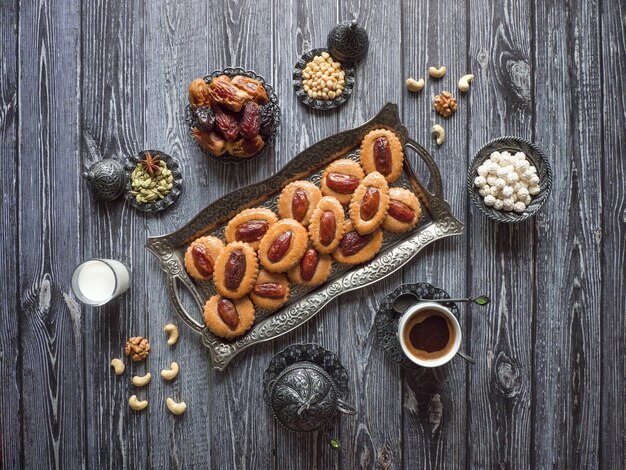
The first days of Eid, and as a result of the sudden change in the dates, methods, and types of the food eaten, many suffer from a number of health symptoms resulting from the great burden that we have carried to our digestive system without prior preparation or warning. Hence, we usually notice the emergencies and hospitals, who receive large numbers of cases of intestinal upset, stomach, and intestinal pain, bloating, and acute diarrhea.
Besides, in the aftermath of Ramadan, we should continue to reinforce the healthy eating habits that were acquired during the holy month. So, how to eat healthy after Ramadan? How to stay in great shape after this holy month?
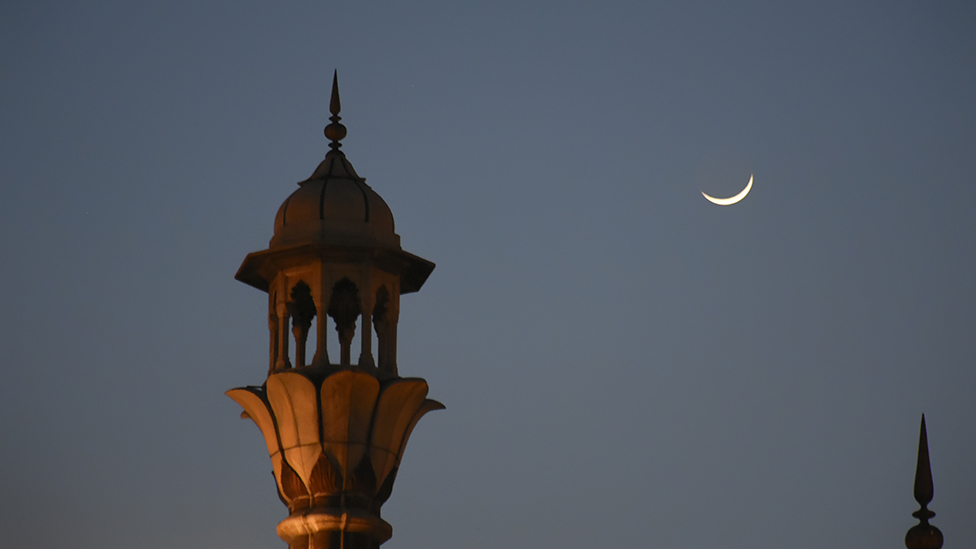
1. The importance of reducing the consumption of stimulant and fizzy drinks:
If you want to avoid different types of health problems, one of the most important tips you should follow is to eat healthily and drink healthy. Indeed, you should limit the consumption of salty foods, paying attention to drinking water, and eating dishes of high carbohydrate ingredients on a permanent basis. You should also organize mealtimes and eat them with family members as much as possible.
2. Light breakfast
Eating a “heavy” meal for breakfast on Eid is a common mistake. You should start by eating light breakfasts for your stomach to get used to food in the morning. Start by eating small amounts of food and then gradually increase it.
3. Eid sweets
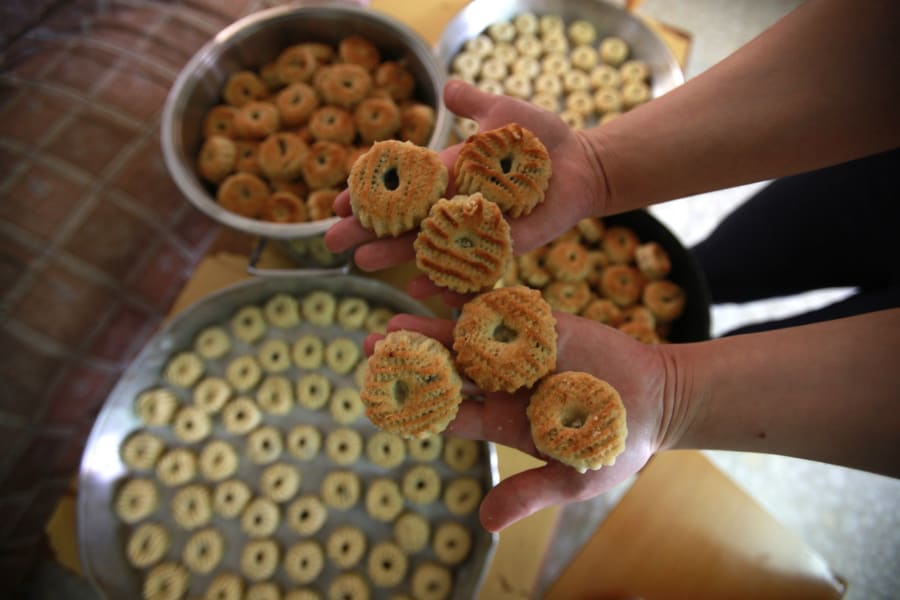
During the days of Eid al-Fitr, all the people focus on eating various sweets such as cakes and biscuits. Starting in the morning of the first day of Eid and throughout the day, you should pay attention to your health and you shouldn’t ignore that the body has become accustomed during a whole month to rest from food. You should be aware that which confuses the digestive system, so it is advised to be moderate and not to overdo it in order to avoid many health problems such as obesity and diabetes.
4. Stay away from Fatty and fried foods
Avoid eating too much, and it is preferable to adopt healthy methods of cooking, such as baking, grilling or boiling.
5. Drinking water
Make sure to drink about 2 liters of water instead of juice and sweetened drinks that contain a high proportion of sugars, especially after a month of fasting in Ramadan.
6. Banquets and feasts:
In the case of accepting the invitation to eat, especially at dinner, do not go hungry, and stay without food all day long. You should rather eat your meals regularly throughout the day so that you do not get hungry and have to eat large quantities of food.

7. Can I eat meat on Eid?
During the days of Eid, people eat large quantities of meat, and sometimes more than once during one day, which exceeds the needs and the body’s ability to digest them. This can lead to fat storage and high levels of urea, uric acid and cholesterol in the blood, which exposes the person to cardiovascular disease, so it is not recommended. You can rather choose not to eat meat more than once a day and cooking it in a healthy way without adding more fat.
8. Increased activity
Some people find the Eid vacation an opportunity to overeat and relax and feel lazy, which in the long run leads to obesity. So, in order to avoid different types of health issues; and the many health risks associated with it, it is necessary for you to practice any sporting activity during the Eid vacation, such as walking.


